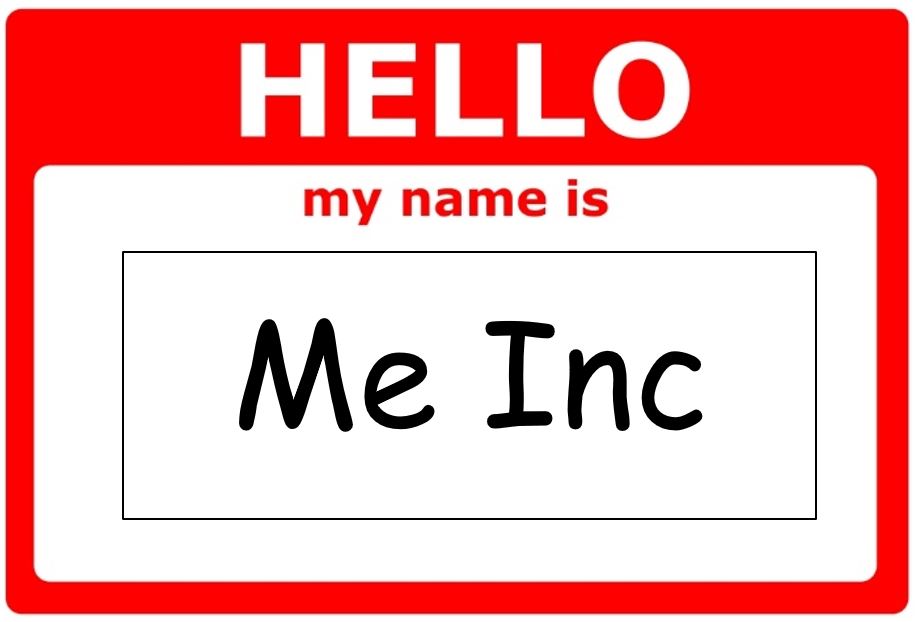Selfish, Self-less, Self Centered or ….?
She wanted to help her son by ‘gifting’ her company of 20+ years to him but worried he wouldn’t recognize and value what it took to build it. Did she owe herself anything?
She was fiercely loyal to and appreciative of her company, but wondered if it was time to make a career move (after 18 years.) “I would feel guilty leaving when there is so much still to be done.” Was she being selfish?
He was missing his call-in schedule to an executive coach, yet his Exec Admin managed his calendar. He said he felt uncomfortable asking her to do this task, perhaps, I wondered, because he did not see it as related to “running the business?” Is he asking for a personal favor?
These conversations with business leaders illustrate a mindset of many dedicated, smart people of unquestionable integrity. Their company or organization or heirs come first. Believing they are being selfless, they put themselves near the bottom of the priorities because to do otherwise feels selfish or self-centered. I’m sorry, but I think we should really call this mindset — self-less-ness. We discount self. We downplay our needs to grow, to have time to think, to make meaningful connections, to be compensated for our work, sacrifice and sweat equity. We don’t make time on our calendars, don’t explore growth options, don’t have the tough conversations about our interests and goals.
When I ask these leaders what’s behind this mindset, I hear:
- My son, daughter, (business partners, potential buyers) couldn’t possibly understand the value of the business – it’s just what they expect from (mom, dad, the founder.)
- My boss would question my commitment to our goals.
- My board doesn’t value it or see how it leads to the results we’re after.
- My people would see it as a misuse of precious time that they need from me.
Self Regard as Brainfood?
I read an article in Harvard Business Review on the need for executives to be more selfish. The title certainly caught my eye. It argued that when we don’t hold positive thoughts – about ourselves and our work – we can’t create the brain chemistry that sustains good health, AND we don’t have the source of positive energy to then pass along to others. Unless we feel, for example, gratitude, good will, positive self-worth or value personal growth, we can’t transfer that to the people around us, and lose the chance to create a virtuous circle.
The leaders I work with all feel strongly about a leadership style that respects people, builds a sustainable business that will endure, and creates a positive culture and productive organization. Somehow, their personal value in that strategy isn’t as clear, or if it is, it is “just what’s expected.” They don’t seem to recognize that they matter too. And that a healthy dose of self-regard is not selfish or a sign of entitlement.
Who Gives Us Permission to Do What WE Need?
I’m no psychologist when it comes to the tapes we play in our heads, but it seems that these statements are first, assumptions — about what other people think. Second, they assign more weight to others’ needs and priorities than to our desires; and third and perhaps more fundamental, they seem to question, even doubt, whether one is worthy and deserving of being a priority.
A mindset that puts our own needs so far behind others may seem admirable in a world where so many leaders are ego-driven to be the star of the show or put personal interest above all other’s. The sad tales of self-oriented behaviors – entitlement — are unending: Enron’s Lay, HP’s Hurd, Living’s Martha Stewart, Nissan’s Ghosn, even parents bribing their children’s way into top universities. Instead aren’t we to aspire, as Gandhi said, to selfless action “as a source of strength, for such action is tantamount to the worship of God”?
Who is the source of permission to do what we need to do, to be true to our hopes and wants, and to honor our interests? When I meet with business owners and hear the self-less-ness tape playing, I have to stifle my desire to grab them by the shoulders and shake them to make sure they are not in a coma when I play back their words and ask: “Who says that is what you should do? When did you stop deserving a place in the value equation? What are the consequences to (pick one: your son, your people, your career satisfaction, your legacy, your retirement security) if you operate from a self-less-ness mindset?”
Homework
“The unexamined life is not worth living” claimed Socrates at his trial. Taking the time to reflect on your mindset about what is selfish, what is self-less-ness, and what decisions and choices honor your worth to your organization or to your personal priorities is a rewarding effort. It will energize you. It will remind you that you are the permission-giver. It will accelerate you in your path forward.
(I hope you will visit my book, Exit Signs, for more questions like these that leaders ask themselves.)

